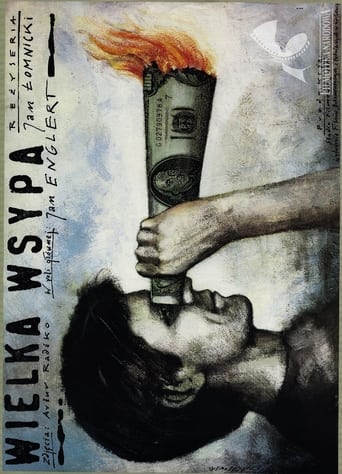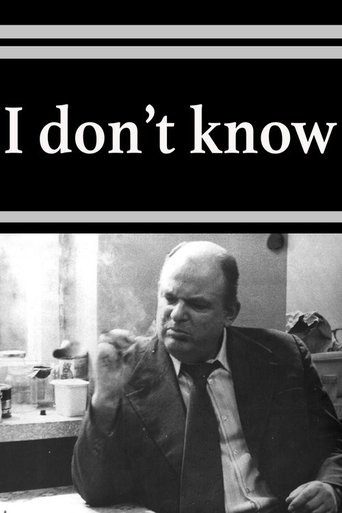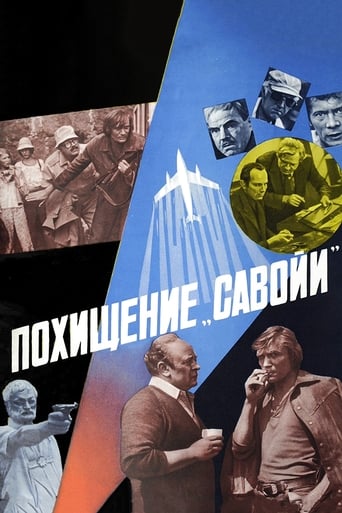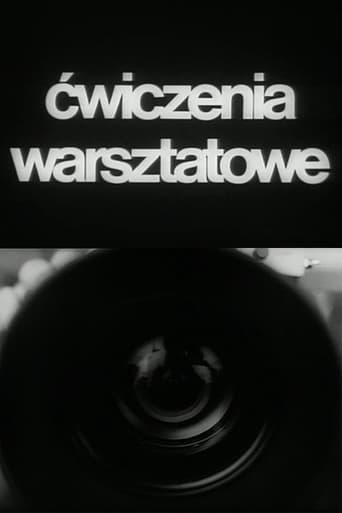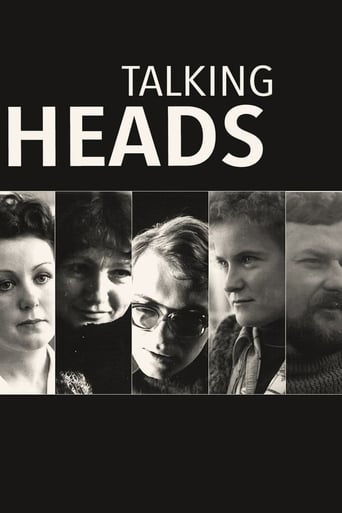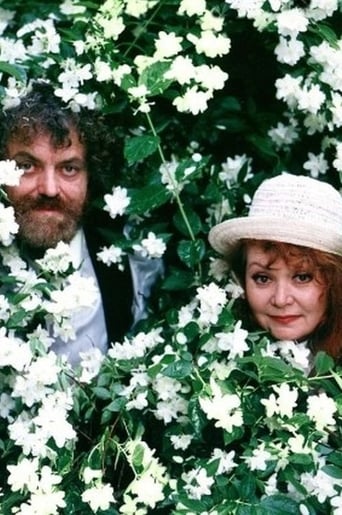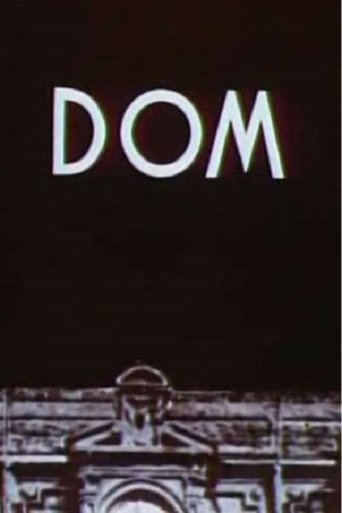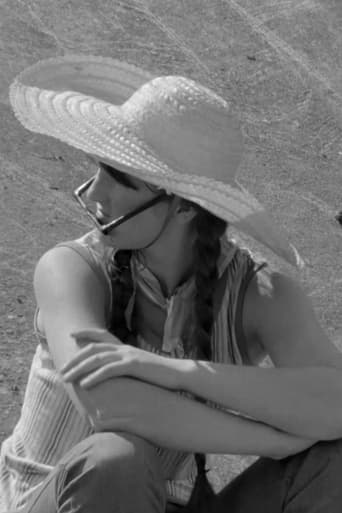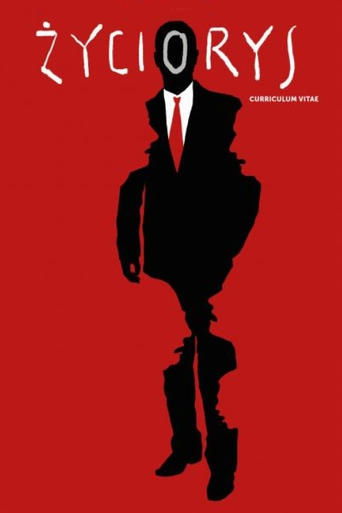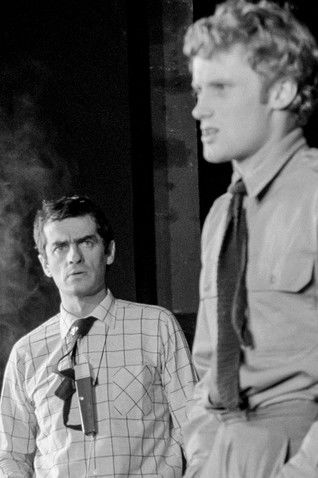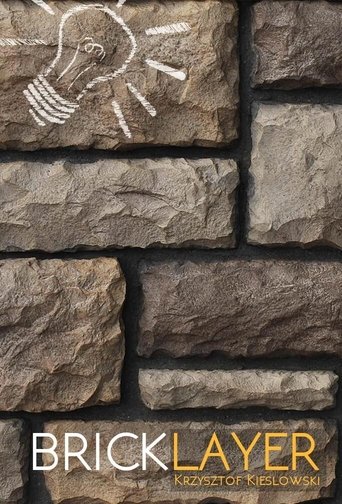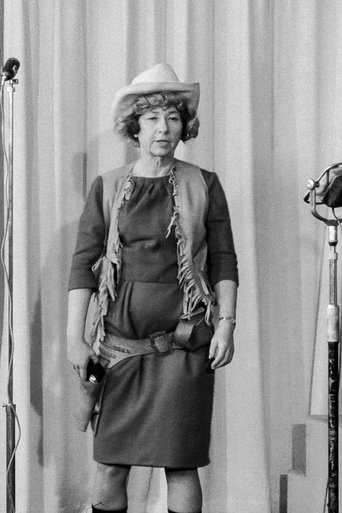More and more mourners join a queue for the stonemason. He is played by Jan Himilsbach (1931-1988), an untrained actor, ("Rejs" 1970) and prose writer ("Przepychanka" 1974). In the film, he works at the Powązki Cemetery in Warsaw. Some of the people begin to argue about the queue order: Piotr Fronczewski (actor), Marek Piwowski (director), Władysław Komar (athlete, actor). Himilsbach wakes up and talks about his gold rush dream with Jack London and Martin Eden. More people join the bar where he waits for 1 p.m. (alcohol is sold then). They ask him for a loan, Zbigniew Buczkowski (actor) is one of them. On the set, Himilsbach is asked to act consciously, however, he is mainly interested in the amount of his fee. Surprisingly enough, he talks about actors and their mission during a meeting with young people in the park. In his dreams, the man sees himself as a seductive satire (colored part). At the very end of the day, the protagonist performs in a cabaret group.
